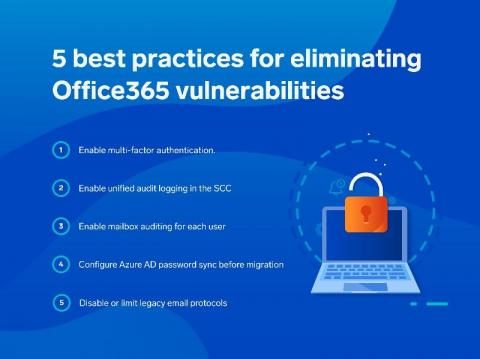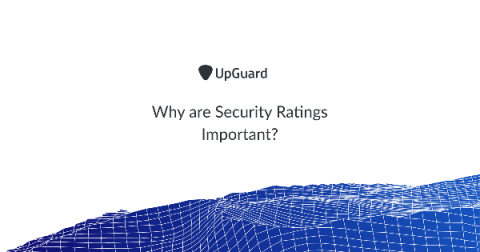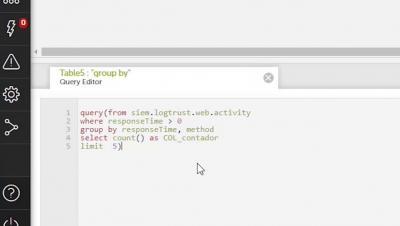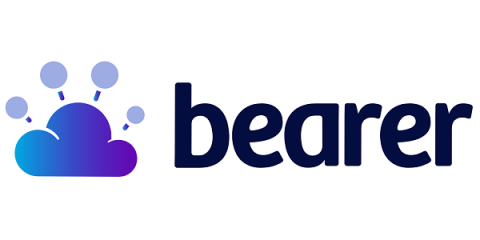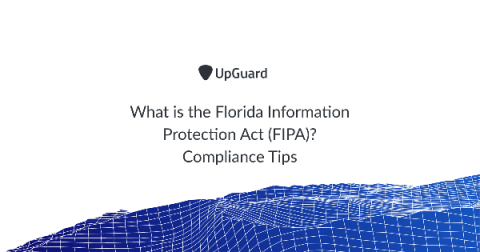Security | Threat Detection | Cyberattacks | DevSecOps | Compliance
%term
Why are Security Ratings Important?
Security ratings or cybersecurity ratings provide risk management and security teams with the information needed to determine whether their vendors' and their own security posture is sufficient to prevent cyber attacks and ensure information security.
Activeboards [9] - Bounded Queries
So You Want to Achieve NERC CIP-013-1 Compliance...
Is an electricity provider’s supply chain its weakest link in the event of a cyberattack? The evidence is compelling that third parties often play unwitting roles. For example, the NotPetya ransomware attacks in mid-2017 originally gained a foothold via a backdoor in third-party accounting software. To safeguard North America’s electricity supply, the North American Electric Reliability Corporation (NERC) has issued several critical infrastructure protection (CIP) standards.
The Top Ruby HTTP Clients for 2020
Trouble choosing an HTTP client for your Ruby project? We've got you covered. To help with the decision making, here is a list of the most popular and interesting libraries in the space. We've also included examples of making a request in each, and some reasons each library might be of interest to you and your project.
What is a SOC Framework?
In the age of the digital world, owning a Security Operations Center (SOC) is vital for the cybersecurity of every organization. However, it is not necessarily true that every SOC is effective against cyber threats and attacks. The main reason behind this fact is a lack of standardized SOC frameworks. SOC framework requires a document to be designed to provide guidelines, requirements, and specifications in order to support cybersecurity operations effectively.
The Debut of Advanced ZenGRC Risk Mangement
Reciprocity’s mission is to connect the people, processes, and technologies critical to our customers information security risk and compliance management. As InfoSec becomes increasingly more complex, our customers want to become more agile in their risk management strategy. It is important for them to have better visibility and be able to respond to changes quickly.
Why should you use correlation rules on top of traditional signatures?
The AT&T Cybersecurity Alien Labs team is in charge of writing correlation rules and releasing threat intelligence updates on a day-to-day basis. When researchers in the team find new malware families or threats, we always try to find the best approach to keep our customers protected. In this blog, we will look into some of the differences between signatures and correlation rules.
What is the Florida Information Protection Act (FIPA)? Compliance Tips
The Florida Information Protection Act of 2014 (FIPA) came into effect July 1, 2014, expanding Florida's existing data breach notification statute requirements for covered entities that acquire, use, store or maintain Floridian's personal information. FIPA modified Florida's existing data breach notification law and applies to commercial and government entities.


